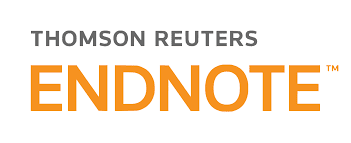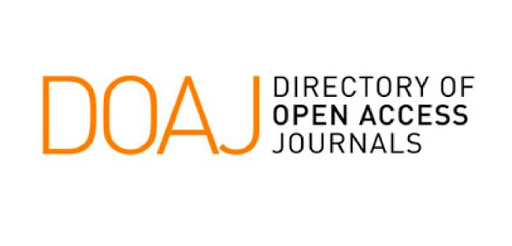Paper ID : SMJ220820540771 | View : 300

Abstract : BACKGROUND: COVID-19 viral infection has become a global threat since the beginning of 2020. World Health Organization (WHO) has imposed universal recommendations for curfew to control the pandemic. This study designed to evaluate the perception of families within the Gulf Cooperation Countries (GCC) as regards the effect of the curfew on their children. METHODOLOGY: A qualitative cross-sectional questionnaire-based study was performed. This questionnaire was designed in Arabic and distributed electronically among the GCC population with special emphasis on Saudi Arabia. RESULTS: The study included 2006 respondents with a female to male ratio of 5:1. One thousand five hundred twenty-seven of the participants have taught their children the proper etiquette of performing hand hygiene as well as sneezing and/or coughing. Yet, 372 did not consider social distancing as an important issue for their children to learn. Others (118) denoted pediatric unhealthy nutritional habits during the curfew. Overall, 609 of the participants reported the importance of extra supplementary nutrients during the lockdown. Breastfeeding was not a common practice among the participants. CONCLUSIONS: Lack of information among the participants was reported when concerning the crucial effects of dietary and activity habits on children’s immune system during the curfew era. This necessitates the implementation of extra instructional educational social strategies to overcome this defect.










